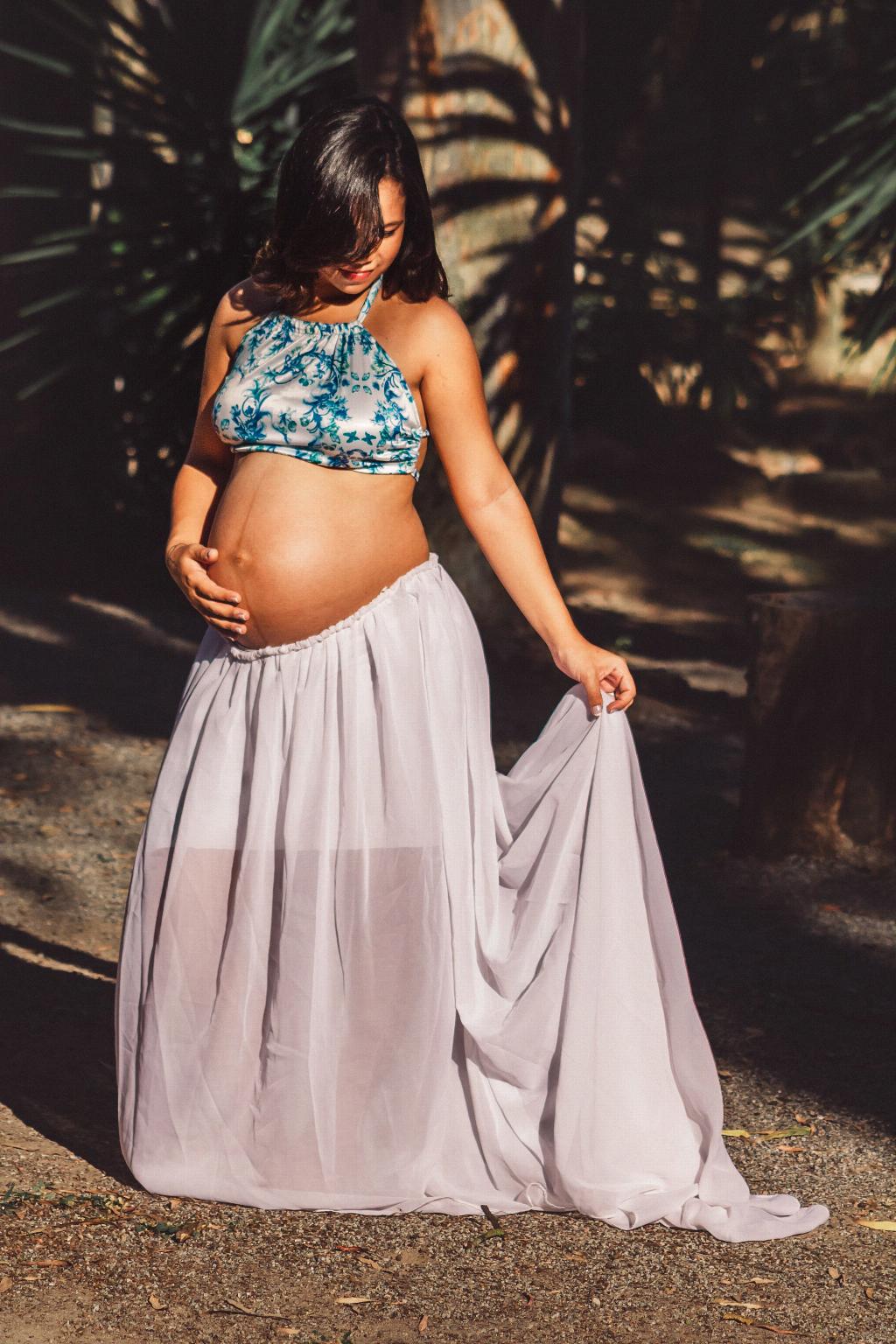When it comes to pregnancy, there are a myriad of physical and emotional changes that a woman experiences. One area that often gets talked about less openly is the impact of pregnancy on a woman’s sex drive. It is completely normal for a woman’s libido to fluctuate during pregnancy, and it’s essential to understand that each individual’s experience is unique.
Throughout pregnancy, hormonal shifts play a significant role in influencing a woman’s sex drive. The fluctuation of hormones such as estrogen and progesterone can lead to changes in desire and arousal. Additionally, physical changes in the body, such as weight gain, breast tenderness, and fatigue, can also contribute to a decrease in libido for some women.
Emotionally, pregnancy can bring about a whirlwind of feelings that may impact a woman’s desire for intimacy. Stress, anxiety about the baby’s health, body image concerns, and worries about the impending life changes can all contribute to a decreased interest in sex. It’s important for both partners to communicate openly and support each other through these emotional ups and downs.
It’s crucial to understand that a decreased sex drive during pregnancy is a normal and common occurrence. It does not mean that there is anything wrong with the relationship or the individuals involved. Instead, it is a time for understanding, patience, and compassion towards each other’s needs and feelings.
For partners of pregnant women, it’s essential to approach the situation with empathy and support. Understanding that the changes in libido are often temporary and not a reflection on the relationship can help alleviate any feelings of concern or insecurity. Communication is key in navigating these shifts in desire and ensuring that both partners feel valued and understood.
Exploring alternative forms of intimacy can be a beneficial way to maintain connection and closeness during pregnancy. Engaging in activities such as cuddling, massages, and intimate conversations can help foster emotional intimacy even if the physical aspect of the relationship is temporarily on hold. Remember, intimacy is not solely defined by sexual activity.
If a woman is experiencing a significant and persistent decrease in libido that is causing distress, it’s essential to consult with healthcare providers. Hormonal imbalances, mood disorders, or underlying medical conditions could also contribute to changes in sex drive during pregnancy. Seeking professional guidance can help address any underlying issues and provide appropriate support.
Every pregnancy is unique, and so is the sexual experience that accompanies it. It’s crucial to approach this time with patience, understanding, and an open mind. Recognize that fluctuations in libido are a normal part of the journey and that adapting to these changes together can strengthen the bond between partners.
Remember that self-care is vital during pregnancy, including taking care of your emotional well-being. Prioritize rest, relaxation, and activities that bring you joy. Connecting with other expectant mothers or seeking out support groups can also help you feel less alone in your experiences and provide additional resources for navigating this transformative time.
In conclusion, it is entirely normal for a woman to experience a decrease in her sex drive during pregnancy. Hormonal changes, physical discomfort, emotional factors, and the sheer magnitude of the changes happening can all contribute to fluctuations in libido. Open communication, empathy, and seeking professional support when needed are key elements in navigating this aspect of pregnancy together as a couple.

